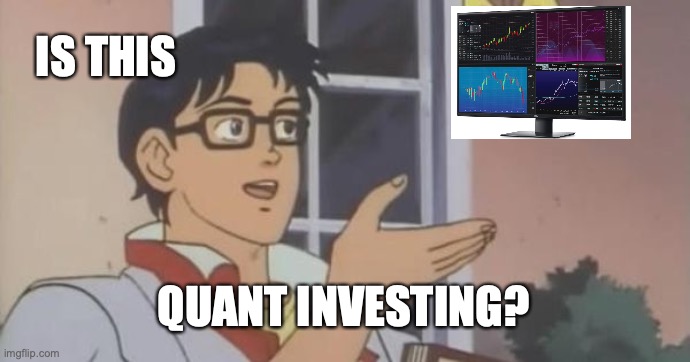1/ Pricing curves for data are dramatically different from pricing curves for software, hardware, services, or consumer products. A thread of some things I've learned:
2/ Price per data point first increases, then decreases with quantity. Small datasets are usually worth less than big ones. But beyond a certain point, adding more data points doesn't add marginal information, and hence the price plateaus.
3/ Price first decreases, then increases with adoption. Unique datasets are worth more than commoditized ones, but once a dataset becomes "table stakes", price goes up again, especially if there's a single dominant supplier.
4/ Data is meaningless except insofar as it generates insight. And potential insights and their applications vary enormously from user to user. A dataset that's invaluable to one may be worthless to another.
5/ Price is typically an increasing function of "context". Most datasets have limited standalone utility; the more context a user puts around it, the more value.
6/ Rough analogy: neither weight alone, nor height alone, are very useful in evaluating health. But both together can be. And the more dimensions you add (age, gender, history, diet, exercise), the more the insight you can draw from individual fields.
7/ Rigorous datasets with clear takeaways command a deserved price premium. Somewhat counterintuitively, less rigorous datasets with ambiguous interpretations have lower customer churn rates -- because they're "never wrong".
8/ Data appears to have asymptotically zero marginal cost (for storage, replication, delivery), but this is a misconception. Obsolescence, maintenance and customization all impose ongoing costs for both vendors and customers.
9/ Data becomes obsolete way faster than hardware or even software. Nobody wants to make decisions based on stale data.
10/ Nor do they want to make decisions based on incorrect data, and errors are everywhere. Data quality control, as a field or skill or practice, is still in its infancy, and correspondingly expensive if you want to do it right.
11/ Raw data rarely drives value; it requires work. Whether it's the data consumer paying for this work, or the data producer, doesn't matter: the cost of value extraction is not zero. Furthermore, this work tends to be custom, imposing limits on scale and reusability.
12/ You would think that being digital, data is non-rival, but that's not true. Some datasets explicitly gain their value from having only one user; think of alpha generation in financial markets.
13/ Training data has different economics from production data. Training data has large one-off costs but also retains its value over time. It's even more rivalrous than financial data.
14/ All the above points apply fairly obviously to external data assets that a company acquires or purchases or ingests. But they also apply to internal data assets, and most companies don't analyze internal data through these lenses.
15/ Finally and most interestingly: the economics of data companies depend increasingly on the economics of the underlying data. And every company is now a data company.
• • •
Missing some Tweet in this thread? You can try to
force a refresh





